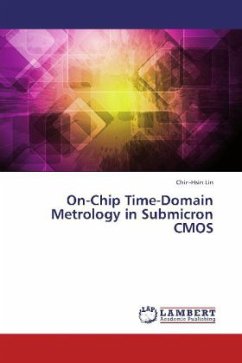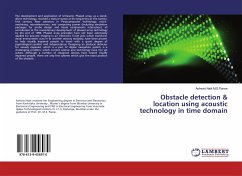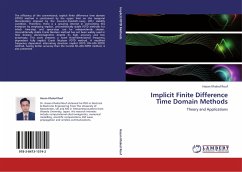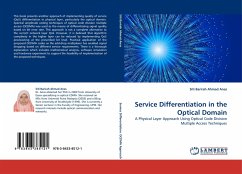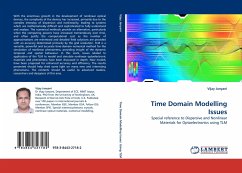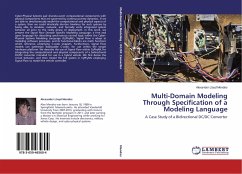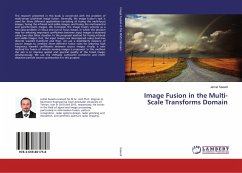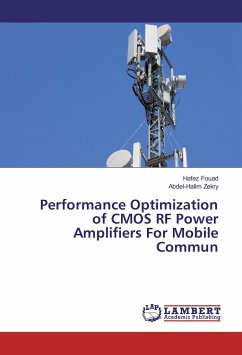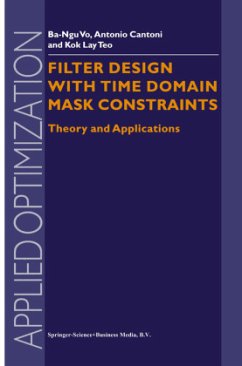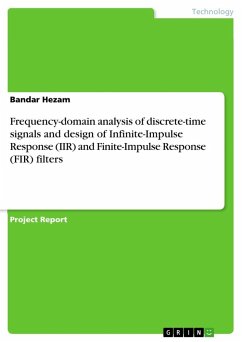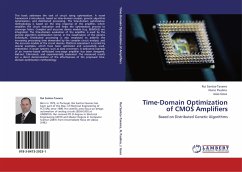
Time-Domain Optimization of CMOS Amplifiers
Based on Distributed Genetic Algorithms
Versandkostenfrei!
Versandfertig in 6-10 Tagen
45,99 €
inkl. MwSt.

PAYBACK Punkte
23 °P sammeln!
This book addresses the task of circuit sizing optimization. A novel framework is introduced, based on time-domain analysis, genetic algorithm optimization, and distributed processing. The time-domain optimization methodology is based on the step response of the amplifier, which simplifies the circuit evaluation and helps the optimization process to converge faster. Complex and accurate device models (e.g. BSIM3v3) are integrated. The time-domain evaluation of the amplifier is used by the genetic algorithm optimization kernel, in the classification of the genetic individuals. Distributed proce...
This book addresses the task of circuit sizing optimization. A novel framework is introduced, based on time-domain analysis, genetic algorithm optimization, and distributed processing. The time-domain optimization methodology is based on the step response of the amplifier, which simplifies the circuit evaluation and helps the optimization process to converge faster. Complex and accurate device models (e.g. BSIM3v3) are integrated. The time-domain evaluation of the amplifier is used by the genetic algorithm optimization kernel, in the classification of the genetic individuals. Distributed processing is also employed to address the increasing processing time demanded by the complex circuit analysis, and the accurate models of the circuit devices. Platform assessment is carried by several examples, which have been optimized and successfully used, embedded, in larger systems, such as data converters. A dedicated example of an inverter-based self-biased two-stage amplifier has been designed, laid-out, fabricated, and experimentally evaluated. The measured results are a direct demonstration of the effectiveness of the proposed time-domain optimization methodology.



